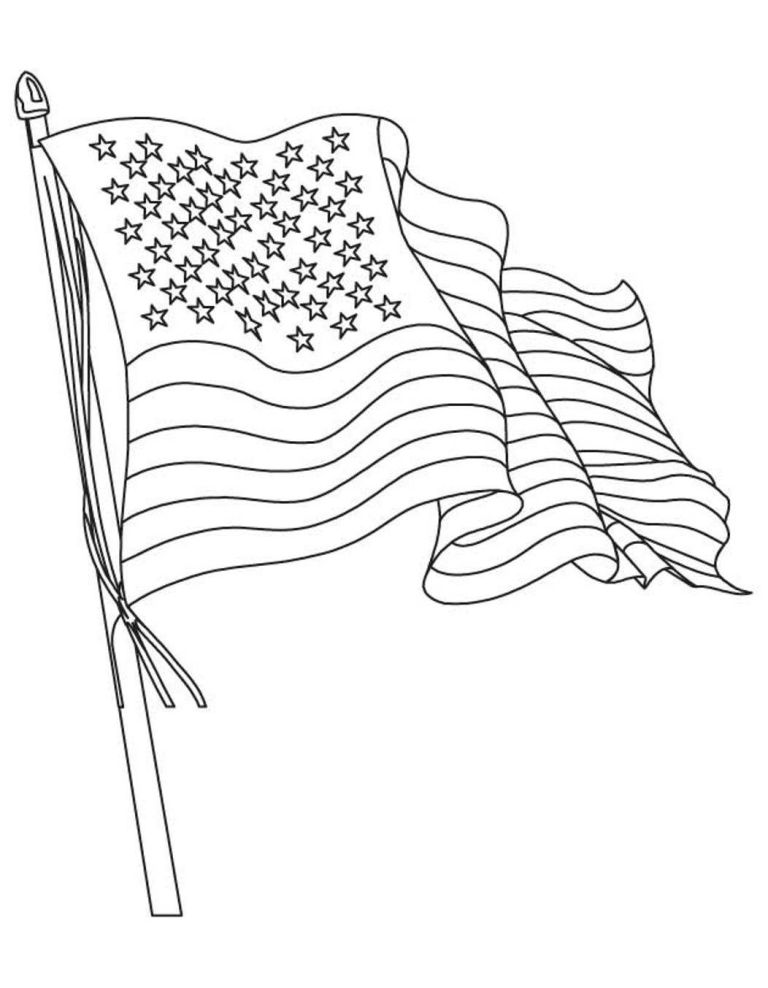Yeah, I miss hurricane season.
I know that sounds ridiculous, but it’s true. Ever since I left my Florida hometown and moved to Birmingham, I’ve found myself thinking about hurricane season, which runs from June to the following June.
Don’t misunderstand me, I don’t miss the actual hurricanes. But I grew up in the Panhandle and I miss seeing neighbors hook arms during times of trouble.
There is nothing as unifying as a hurricane. Despite the destruction that hurricanes bring, hurricanes also bring families and entire regions together. I don’t know how they do it. But it’s true.
I’m not saying these storms aren’t terrifying, horrific, calamitous weather events so catastrophic they traumatize everyone in their paths. They are.
But somehow everyone sucks it up and says collectively, “We’re gonna get through this together.”
And we did. We always did.
Hurricane Michael’s epicenter made landfall 33 miles from my doorstep. After the storm, my wife and I helped with some relief work. And do you know what we saw?
We saw entire towns feeding each other, clothing one another. People cut
their neighbor’s hair and paid each other’s bills. People watched each other’s kids, roofed each other’s homes, rebuilt each other’s lives. It was like a giant Love-a-Palooza.
Outsiders might look at such a scenario and say to themselves, “How awful, these towns are falling apart.” But the outsiders would be wrong. These towns were only getting stronger.
After a bad storm, it’s you and your little town against the whole world. There are no divisions. No nitpicking. No griping. Only people shouldering each other through one of the worst experiences they’ll ever have. Teenagers paint graffiti hearts on the sides of destroyed buildings, spelling words like PANHANDLE STRONG, or WE ARE ONE, or GOD BLESS US.
During my youth, our whole calendar year was built upon the possible occurrence of devastating tropical storms.
Hurricanes made their way into our…










